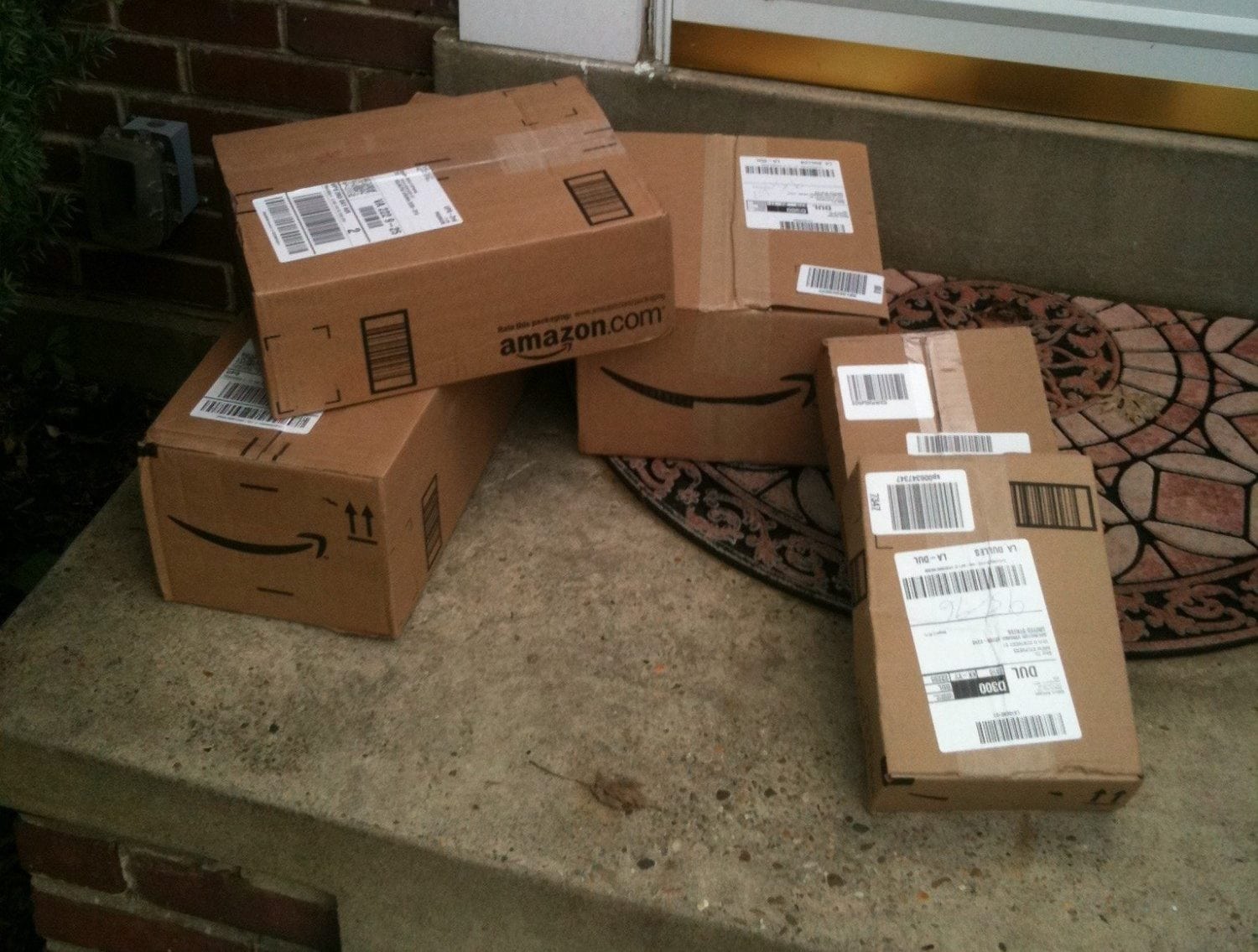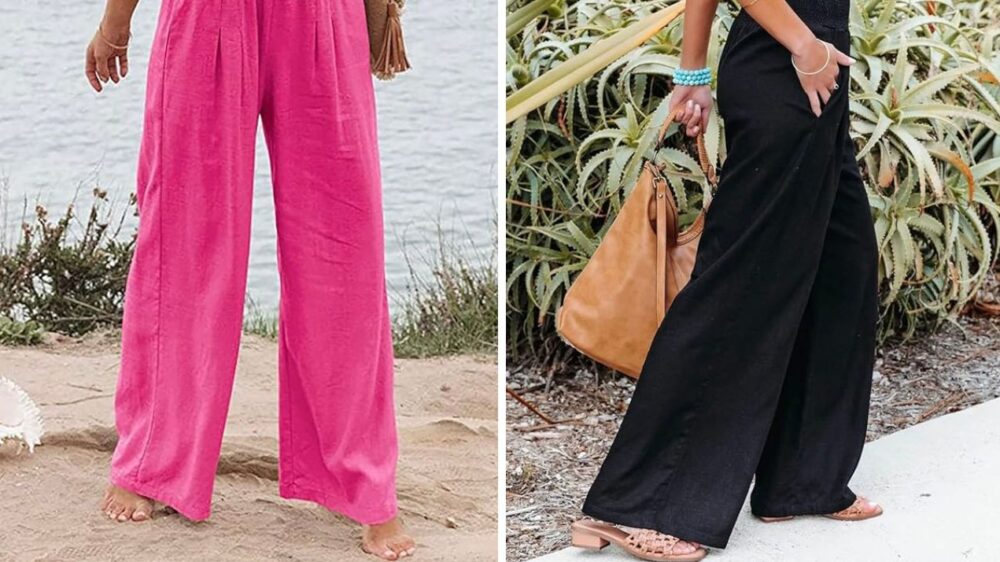Amazon is banning people who make too many returns
Are you a “serial returner?” If so, your behavior could get you banned from shopping on Amazon and from making returns at some popular retailers that are using a shared database to keep track of your purchases.
Over the years, companies have gotten fairly lax with their return policies. In fact, marketing experts say having liberal return policies can work in a store’s favor because it boosts consumer confidence. Those no-hassle return policies signal to consumers the store is confidently standing behind its products.

But retailers lose billions of dollars every year due to return fraud and abuse, prompting some to monitor returns more closely. In fact, consumers return about $264 billion worth of merchandise every year, which is nearly 9 percent of total sales, according to industry estimates.
As a result, some retailers are denying returns. And, Amazon, which is lauded for its customer service and has been known to have generous return policies, is canceling accounts if suspicious or excessive return activity is detected, the Wall Street Journal reports.
The problem, though: It’s not clear how many returns, or what types of returns, you need to be making before you get flagged by retailers. Some customers are taking to social media to complain about Amazon shutting down accounts.
Amazon just permanently shut down my family's account for "too many returns". No warning. #AmazonClarity pic.twitter.com/nEjjyKWEDT
— Nathan Peterson (@nathanpeterson) October 30, 2015
One Twitter user says she got an email from Amazon asking why she returned her orders:
@amazon – wow, great customer service, so personal and caring! Do u even read my return reasons (like 6 purchases in the last year…and that’s too many?) and a replacement for something I NEVER rec’d. #BadCustomerExperience #onlineshopping #Horrible #ShopLocal #BoycottAmazon pic.twitter.com/2DY1qHmFka
— Claire Bochner (@cmbochner) April 17, 2018
Former Amazon managers told the Wall Street Journal that people will get their accounts shut down if they are requesting too many refunds, sending back the wrong items or violating other rules, like receiving compensation for writing reviews. Algorithms might flag an account, and then cases are evaluated by an employee. Simply put, a former policy enforcement investigator at Amazon says the accounts get discontinued when “you’re creating a lot of headaches for Amazon.”
“We want everyone to be able to use Amazon, but there are rare occasions where someone abuses our service over an extended period of time,” an Amazon spokesperson told the publication.
Other retailers have also started working with The Retail Equation, which is a bureau that tracks returns. (A clue your behavior is being tracked is the return desk will ask you for a driver’s license or ID). The Retail Equation website says about 1 percent of consumers are denied returns because they “exhibit return behaviors that mimic fraud or abuse or exhibit habits that are inconsistent with the retailer’s return policy.” Price matching, though, is not typically categorized as a “return transaction” that counts against the consumer.

Popular stores including Best Buy, Home Depot, J.C. Penney, Victoria’s Secret, Bath and Body Works and Nike are among the 27,000 stores that use The Retail Equation, according to USA Today.
What do you think about the tactics retailers are using to curb what they deem as an excessive amount of returns?






